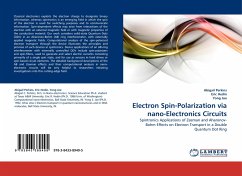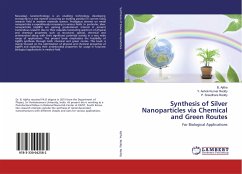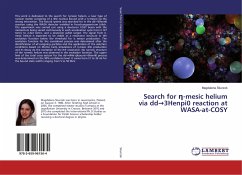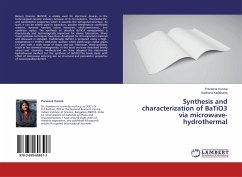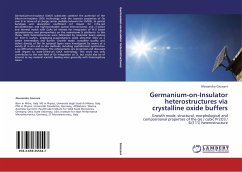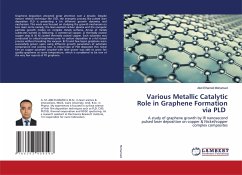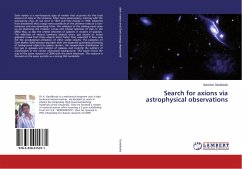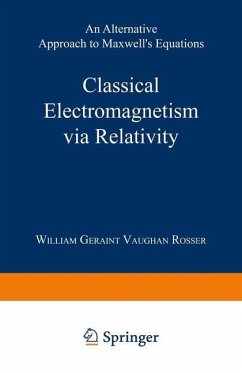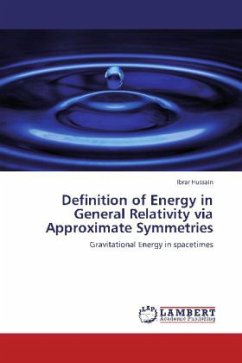
Definition of Energy in General Relativity via Approximate Symmetries
Gravitational Energy in spacetimes
Versandkostenfrei!
Versandfertig in 6-10 Tagen
39,99 €
inkl. MwSt.

PAYBACK Punkte
20 °P sammeln!
Here approximate Lie symmetries are used to investigate the problem of energy in general relativity and in particular in gravitational waves (GW). For this purpose second-order approximate symmetries of the system of geodesic equations for the Reissner-Nordström, Kerr, Kerr-Newman and GW spacetimes are studied. It is shown that in the second-order approximation, energy must be rescaled for these spacetimes. Since GW spacetimes are time-varying vacuum solutions of Einstein's equations, there is no unambiguous means to define their energy content. Here a definition, using slightly broken symmet...
Here approximate Lie symmetries are used to investigate the problem of energy in general relativity and in particular in gravitational waves (GW). For this purpose second-order approximate symmetries of the system of geodesic equations for the Reissner-Nordström, Kerr, Kerr-Newman and GW spacetimes are studied. It is shown that in the second-order approximation, energy must be rescaled for these spacetimes. Since GW spacetimes are time-varying vacuum solutions of Einstein's equations, there is no unambiguous means to define their energy content. Here a definition, using slightly broken symmetries is proposed. A problem is noted with the use of the proposal for pp waves. To attain a better understanding of the implications of this proposal we also use an artificially constructed time-varying non-vacuum plane symmetric metric and evaluate its Weyl and stress-energy tensors so as to obtain the gravitational and matter components separately and compare them with the energy content obtained by our proposal. The procedure is also used for cylindrical GWs. The usefulness of the definition is demonstrated by the fact that it leads to a result on whether GWs suffer self-damping.



